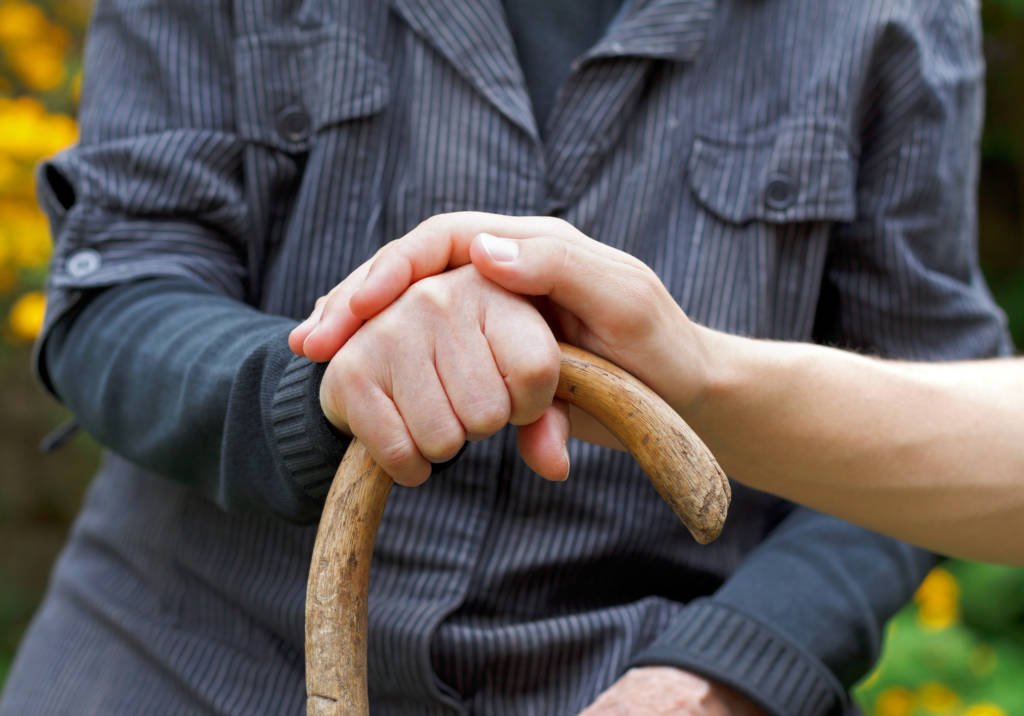The holidays are a difficult time for families that have a loved with Alzheimer’s disease. During the holiday season most families have dinners for Christmas and New Year’s celebrations, but in addition to the stress of hosting a party, caregivers also have to worry about the well-being and safety of a person that has Alzheimer’s and other dementias.
The Alzheimer’s Association offers a number of tips that families can use to prepare for such occasions. They know that it’s not easy being a caretaker and it’s important to plan ahead especially during festivities where a person with Alzheimer’s can wander off or feel uncomfortable in a social situation.
Make sure others know: Let guests know what to expect before they arrive and tell them how they can help. For example, what activities can they do with the person with Alzheimer’s or how best to communicate with them.
Build on traditions and memories: Take time to experiment with new traditions that might be less stressful or a better fit with your caregiving responsibilities. For example, if evening confusion and agitation are a problem, turn your holiday dinner into a holiday lunch.
Involve the person with Alzheimer’s: Depending on abilities and preferences, make sure to keep the person with Alzheimer’s involved in the celebrations, such as packing cookies in tins or helping wrap gifts.
Plan ahead: When attending a holiday party, prepare the host for special needs, such as a quiet room for the person to rest in away from the noise and distractions.
Encourage safe and useful gifts for the person with dementia. Suggest items that the person with dementia needs or can easily enjoy. Some gift ideas can include a MedicAlert® + Alzheimer’s Association Safe Return® bracelet, comfortable clothing, audiotapes of favorite music, videos and photo albums.
Get help watching over them. People with Alzheimer’s can easily walk out when no one is looking and get lost in a matter of minutes. Make sure you keep an eye on them at all times and take turns with other family members watching over them to make sure they don’t wander or need your assistance.
Call the Alzheimer’s Association 24-hour hotline, which is available 7 days a week (1-800-272-3900) or visit www.alz.org for more helpful tips.